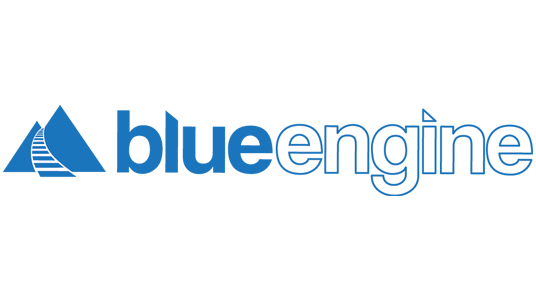NICK EHRMANN | BLUE ENGINE
A Driving Force in Transforming the Traditional Classroom
Nick Ehrmann thought he was doing everything right. As a young idealist, working with Teach for America in Washington D.C., he went that extra mile, founding Project 312, to provide his low income students with the special attention they needed to help them attain college. So imagine his shock years later when he checked on their progress.
“Our investment had been big,” recounts Nick. “Thousands of hours of tutoring, mentoring, and family outreach. Late night calls. Early morning trips. Difficult conversations. College visits. Letters to judges, admissions officers, and parents. Inspiring moments, including a promise of guaranteed college scholarships faithfully kept. Yet over the six years since Project 312 launched, we had produced no impact whatsoever on academic achievement. None.”
Nick had discovered a fundamental truth about education: American students have been sold on the dream of college without getting the preparation they need to succeed once they get there.
“The biggest open secret in education today, Nick says, is the staggering gap between what it means to be college eligible vs. college ready.”
While 41% of low-income students enroll in college, just 8.3% finish. Over the last decade, research has shown that the single strongest predictor of degree completion is a strong academic foundation. Without it, says Nick, “we’re sending them over a cliff.”
Armed with this knowledge and a renewed commitment to making a difference, Nick founded Blue Engine in 2009. Its mission: to increase academic rigor in public high schools and prepare greater numbers of low-income students for postsecondary success.
To do this, Blue Engine recruits, trains, and supports Blue Engine Teaching Assistants (BETAs), recent college graduates who devote 1-2 years in high schools serving low-income communities BETAs work alongside teachers in daily math and literacy classes, dramatically reducing instructor-to-student ratios from 1:30-1:6. And early results are encouraging.
In 2012-13, Blue Engine increased college readiness on New York State Regents Exams by 61%, the third year in a row of improved outcomes. And just as gratifying. in 2013, Blue Engine had more than 600 applicants for 45 BETA spots, perhaps surprising since the BETAs earn just over $14-thousand dollars a year.
But, as Nick reasons, “We're building something that people want to be a part of.”
And this is just the beginning of a long process. Nick says Blue Engine first needs to prove that this new model works on a small scale, in single classrooms, demonstrating that some of the country's most underserved kids, can achieve dramatic academic acceleration in a single year. In its short life, Blue Engine has already grown to comprise 52 BETAs serving more than a thousand students in 5 New York City high schools.
“It’s going to become a combination of strong teachers at the center, new forms of human capital, and the right technologies. I don’t think anyone knows what environments will be best for kids. We’re in the process of inventing it right now.”


